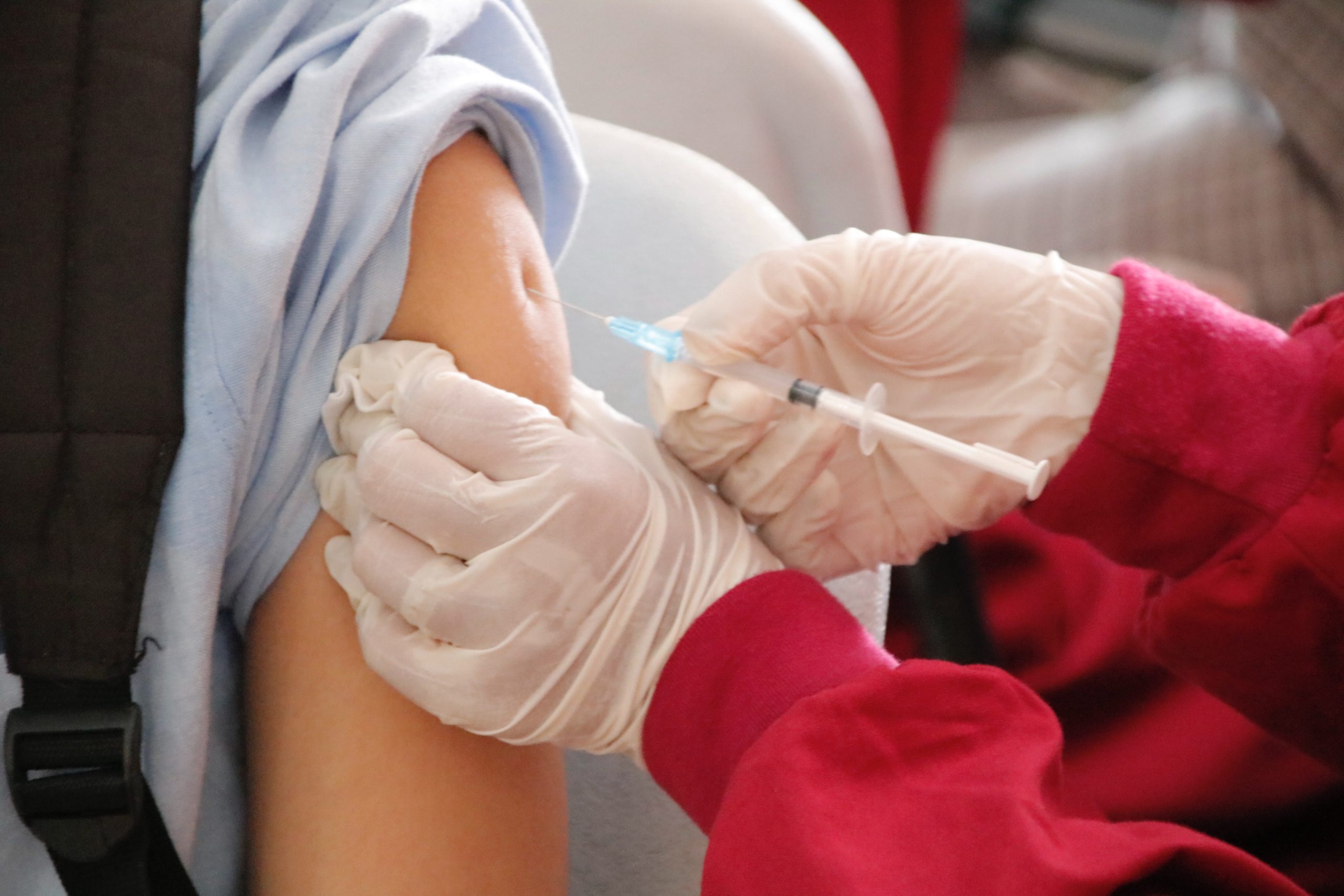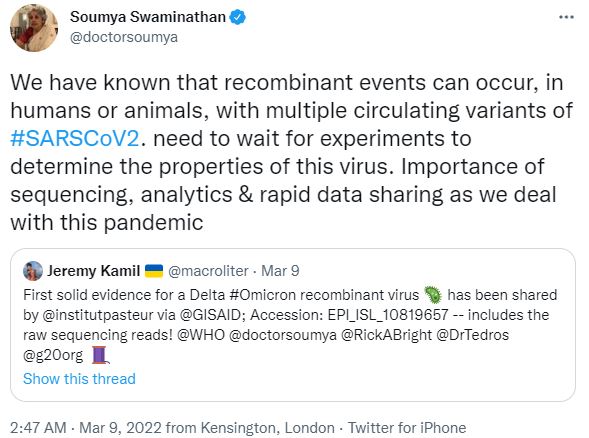Scientists Identify New Covid-19 Variant Deltacron
A new Covid-19 variant, Deltacron – named for its combination of genes from the Delta and Omicron variants – has been circulating in parts of Europe since early this year.
Several virologists believe that it is a product of both the Delta and Omicron variants circulating in the same population.
Cases of infection have so far been detected in France, Denmark, Germany, the Netherlands, and even the United States.
But experts said there’s no reason to panic as it’s unlikely that the variant would cause a new wave of infections.
First Deltacron cases detected in Cyprus
Deltacron first made the headlines back in January, when Leondios Kostrikis, a professor of biological sciences at the University of Cyprus, and his team discovered the new Covid-19 variant, Forbes reported.
The findings began to gain traction when virologists from Institut Pasteur in Paris successfully sequenced the genome and posted it on GISAID, a global community of scientists that shares virus information.
New York Times reported that as of 10 Mar, 33 samples of Deltacron have been found in France, 8 in Denmark, 1 in Germany, and 1 in the Netherlands.
The United States also detected 2 cases.
No reason to panic over Deltacron yet, Covid-19 experts say
According to New York Times, Dr Etienne Simon Loriere from Institut Pasteur does not believe the variant is any cause for concern.
Since its discovery in January, it has not been proven to have a high transmission rate.
Furthermore, experts have pointed out that recombinant Covid-19 variants are not uncommon, and that Deltacron is not the first nor the last of its kind.
Research has also revealed that the variant’s spike protein – the most important part of the virus that determines how it invades our cells – is derived almost entirely from Omicron.
As such, those who have built up defences against Omicron, whether it be through infections or vaccines, should be well-protected against Deltacron as well.
More data needed to determine severity
At the same time, scientists said there is not enough data to gauge how severe the variant is due to the small number of cases detected so far.
The World Health Organization (WHO)’s chief scientist, Soumya Swaminathan, tweeted on 9 Mar that more experiments are needed to ‘determine the properties of the virus’.
Dr Young agreed with the assessment. She added that we are likely to see more variants emerging, especially in populations with a low vaccination rate and individuals whose vaccine-induced immunity is deteriorating.
Being vigilant is always the way to go
While the Deltacron’s name alone sounds worrying, we have to admit we’re a little relieved to hear from experts that it is not yet something to worry about.
Nonetheless, it serves as a sobering reminder that Covid-19 isn’t going anywhere anytime soon. We’ll have to keep finding ways to adapt and live with it.
A silver lining we can look forward to is the gradual loosening and streamlining of measures, which will hopefully help us navigate the days ahead with caution and flexibility in equal measure.
Have news you must share? Get in touch with us via email at news@mustsharenews.com.
Featured image adapted from Unsplash.

Drop us your email so you won't miss the latest news.













